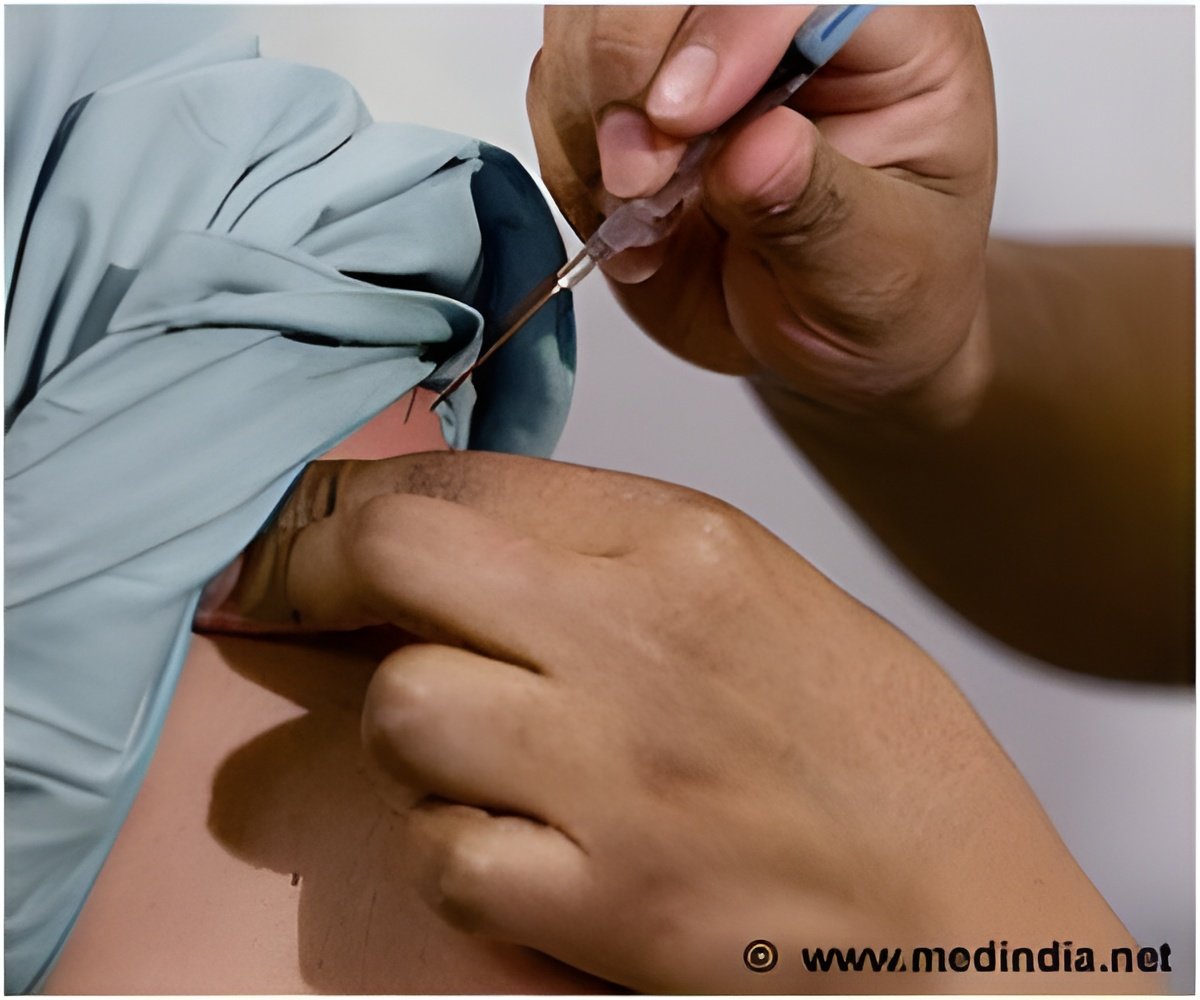Provider recommendation and language style affects the length of adolescent vaccine discussions and vaccination rates.

TOP INSIGHT
Adolescents are nine times more likely to receive a vaccine when providers introduce the topic to parents with simple statements.
Read More..
The indicated style was associated with more efficient visits, allowing for more time for patients to discuss other health concerns with their provider. Neither indicative nor elective styles compromised patient satisfaction with the interaction.
"Patients look to their provider as a source of education on vaccinations, so as providers, we must approach the discussion in a way that most effectively addresses their goals and prioritizes their most pressing health concerns," says Rebecca Perkins, MD, obstetrician and gynecologist at Boston Medical Center and lead author on this study.
"At a time where vaccination hesitancy is at an all-time high, these findings can offer further insight into best approaches for discussing vaccination, whether it be for HPV or the more recent COVID-19 vaccines."
The indicated presentation of the vaccine is a normal communication tactic for providers, but it is not normal for all vaccines. It is less frequently used for the HPV vaccine than for the meningococcal vaccination, which may lower vaccine acceptance and lead to parental confusion.
The indicated recommendation style is associated with lower rates of cumulative under-immunization over time and this style is associated with better vaccine uptake and efficiency of conversation.
The observational study included 106 conversations between parents, providers, and adolescent patients between January 2016 and March 2018 across five sites that were participating in DOSE-HPV, a multi-component intervention to improve HPV vaccination rates. The clinical encounters were audio-recorded and vaccination discussions transcribed to capture natural patient-provider interactions.
"We are at a time where educating people on vaccines and the process of vaccination is so important for both individual health and the greater public good," says Perkins, also an associate professor of obstetrics and gynecology at Boston University School of Medicine.
"The use of language can make a difference in how likely patients are to accept vaccination, and also how much time providers have to address other health concerns."
Professional organizations including the Center for Disease Control and the American Academy of Pediatrics recommend using clear, unambiguous language to recommend vaccines following studies that suggest strong recommendations increase the likelihood of vaccination.
Source-Eurekalert
 MEDINDIA
MEDINDIA

 Email
Email







